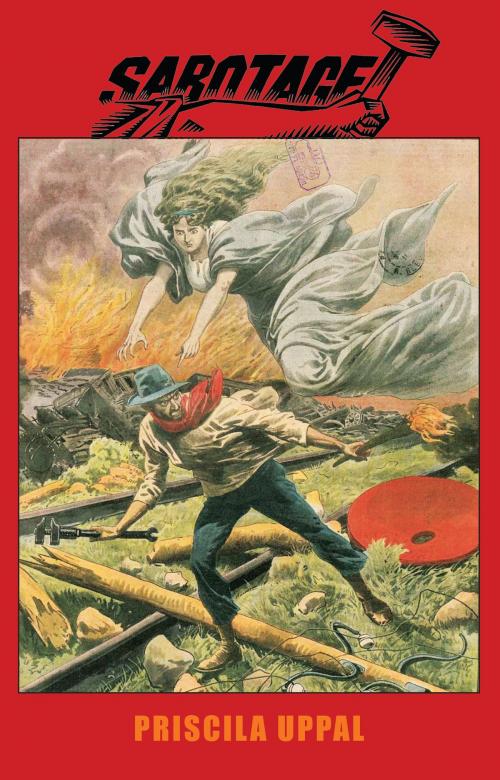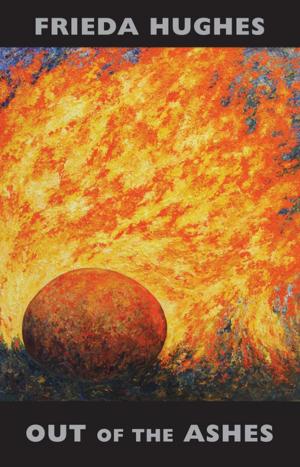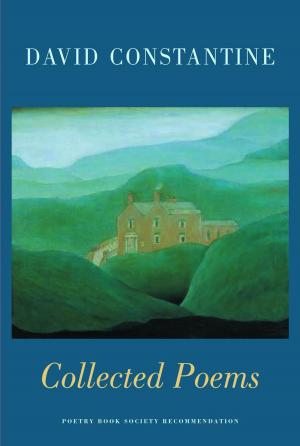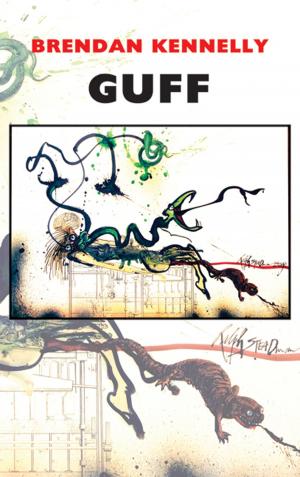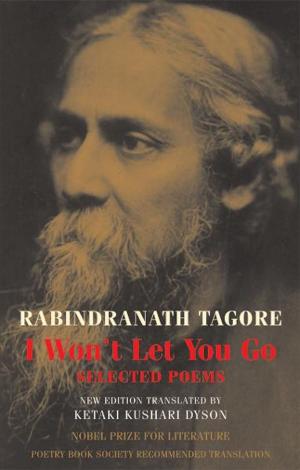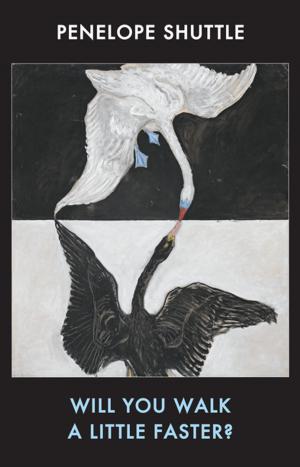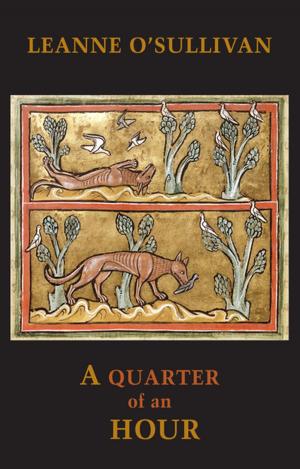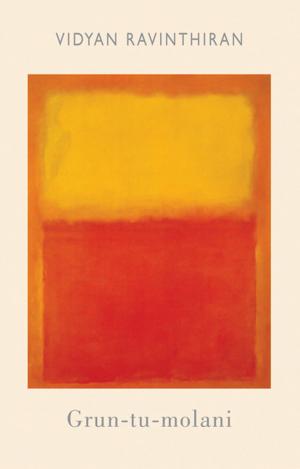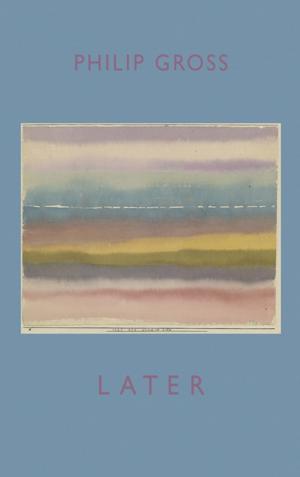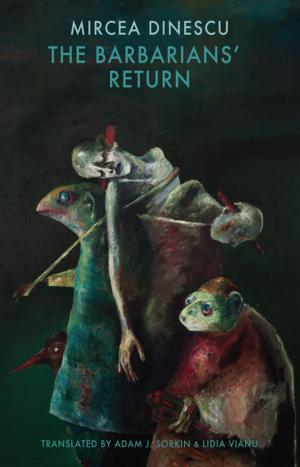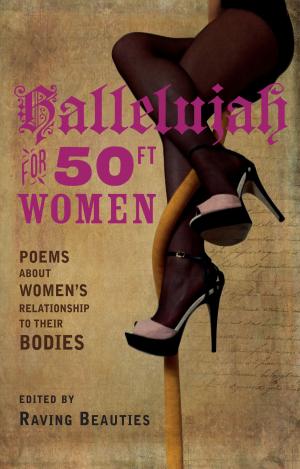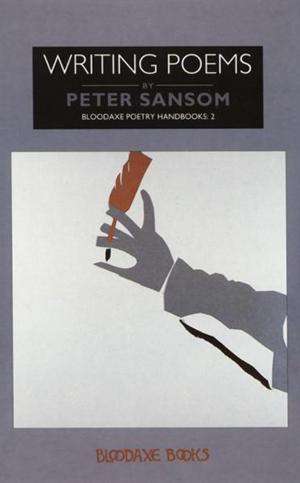| Author: | Priscila Uppal | ISBN: | 9781780372327 |
| Publisher: | Bloodaxe Books | Publication: | February 25, 2015 |
| Imprint: | Bloodaxe Books | Language: | English |
| Author: | Priscila Uppal |
| ISBN: | 9781780372327 |
| Publisher: | Bloodaxe Books |
| Publication: | February 25, 2015 |
| Imprint: | Bloodaxe Books |
| Language: | English |
Sabotage is a collection of poems exploring private and public acts of destruction, disruption and vandalism in the 21st century. In Sabotage, several vital sites are under attack or at risk: the human body (including the brain and biological systems); structures of community (including family, nation, and institutional supports); and cultural legacies (including language, artistic works, and historical legacies). The sections of Sabotage frame this investigation of violations through recognisable legal and literary frameworks: Accusations, Discussions, Adaptations, Riddles, Arguments and Defences. But with Priscila Uppal as the 'framing' poet, the poems are both exact and penetrating, and at the same time startling, surreal and deeply moving. The poet also acts as saboteur, attempting political action and breaking down barriers through the manipulation of language, in order to disrupt the production of goods which have left us with a tampered and soiled legacy. Poetry provides imaginative space for experimentation dissent, and creative problem-solving. Readers of Sabotage will have the potential to assume the role of saboteur - but the crux is, to what end? 'Audacious, irreverent, funny and, at the same time, deeply serious, Priscila Uppal's poems explore our notions of identity and various other conventions we live by striving to see through the lies. The ever-present horrors of our age; the injustice, the violence, the abuse and slaughter of the innocent, are almost always present. Uppal is a political poet who sounds like no other political poet, someone bound to get in trouble in every political system in the world. Her subject matter tends to be dark, but her telling of it is exhilarating. Every poem in her book comes as a surprise, and that includes the free translation of the Anglo-Saxon poem The Wanderer which in her version deals with the Iraq war and the fate of people displaced by such calamities. Uppal has done the rare and difficult thing: she has brought a brand new voice to poetry' - John Burnside, Charles Simic & Karen Solie, Griffin Prize judges.
Sabotage is a collection of poems exploring private and public acts of destruction, disruption and vandalism in the 21st century. In Sabotage, several vital sites are under attack or at risk: the human body (including the brain and biological systems); structures of community (including family, nation, and institutional supports); and cultural legacies (including language, artistic works, and historical legacies). The sections of Sabotage frame this investigation of violations through recognisable legal and literary frameworks: Accusations, Discussions, Adaptations, Riddles, Arguments and Defences. But with Priscila Uppal as the 'framing' poet, the poems are both exact and penetrating, and at the same time startling, surreal and deeply moving. The poet also acts as saboteur, attempting political action and breaking down barriers through the manipulation of language, in order to disrupt the production of goods which have left us with a tampered and soiled legacy. Poetry provides imaginative space for experimentation dissent, and creative problem-solving. Readers of Sabotage will have the potential to assume the role of saboteur - but the crux is, to what end? 'Audacious, irreverent, funny and, at the same time, deeply serious, Priscila Uppal's poems explore our notions of identity and various other conventions we live by striving to see through the lies. The ever-present horrors of our age; the injustice, the violence, the abuse and slaughter of the innocent, are almost always present. Uppal is a political poet who sounds like no other political poet, someone bound to get in trouble in every political system in the world. Her subject matter tends to be dark, but her telling of it is exhilarating. Every poem in her book comes as a surprise, and that includes the free translation of the Anglo-Saxon poem The Wanderer which in her version deals with the Iraq war and the fate of people displaced by such calamities. Uppal has done the rare and difficult thing: she has brought a brand new voice to poetry' - John Burnside, Charles Simic & Karen Solie, Griffin Prize judges.
